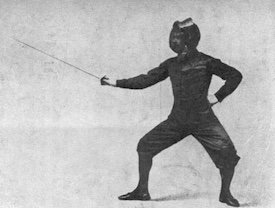I like this debate, but more important is if the differences are audible and then how much. Or is it placebo. Or does "audiophile" gear maybe have some sort of tweaked DAC to actually REALLY sound different to let audiophiles hear the difference between those and "consumer grade", correctly adjusted DACs?
There is no such thing as "consumer grade", correctly adjusted DACs.
There is also no such thing as correctly adjusted pro level DAC.
They can be both correctly adjusted - and still sound poor.
I have said, many times over, that analog sections, inevitable in ANY - ADC or DAC - will play a major role in SQ. And two "boxes" (whatever) that are according to the electrical schematic and
conventional measurements more or less indistinguishable can sound MUCH different - IF one box uses regular grade electronic components, the other parts known for better performance. It can be the same type of aparatus, with stock and "super" parts - and both will sound decidedly different.
Use microphone feed and listen trough both - and you will start to understand what I have been about all this time.
A SINGLE poor/regular grade capacitor in the entire chain can bring the performance considerably down - now go and get any service manual and start counting how many of those are in a single "box" - the entire chain is comprised of many such "boxes".
Compared to these losses in analog circuitry, is DSD vs PCM pretty pointless - and should be put right first.
A single quality capacitor from regular, not audio specialist manufacturer, can exceed the cost of ADC or DAC chipset. Not to mention those from specialized audiophile production. For this reason, these quality parts are usually never seen in commercially available equipment - listening trough the same analog crap, used by practically everyone, both in consumer and pro gear, should - and does - yield the same or very similar results - PCM or DSD. Neither of which being taxed to the max, as analog signal gets so mangled in commercially available equipment BEFORE it ever sees ADC - let alone DAC - that it does almost not matter at all.






















